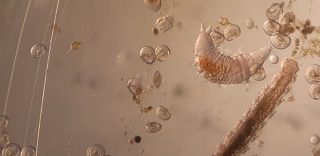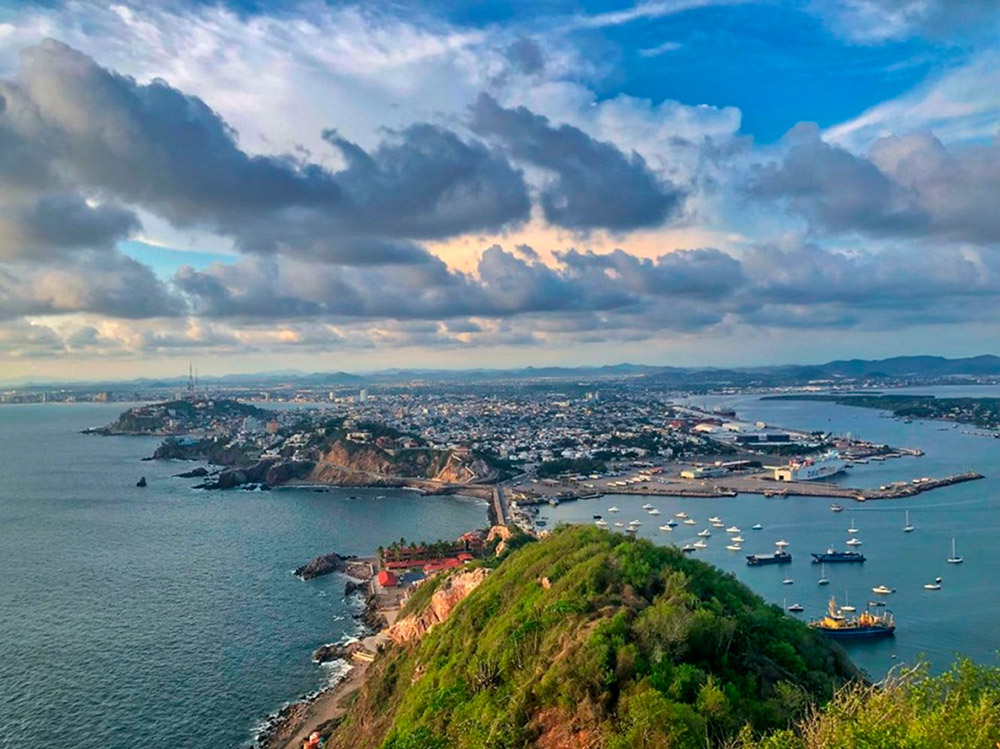Scientific Program
The Scientific Program of SILPOLY 2022 will comprise invited lectures and oral and poster presentations contributed by the scientific community.
Thematic Areas
- 1) Systematic and Taxonomy
- 2) Ecology
- 3) Genetic and Philogeography
- 4) Bioindicators
- 5) Development, regeneration and reproductive biology
- 6) Others
Soon more information
Contributions using molecular tools to answer questions on population genetics and genomics, phylogeography, molecular ecology, biogeography, phylogenetic relationships, population, and conservation genetics in polychaeta fit into this thematic area.
Contributions indicating the use of polychaetes as indicators of ecological status, in bioremediation processes, or their use as biomonitoring species, through methodologies, tools and/or protocols that allow recognizing alterations in the marine environment and that provide information on water quality.
Papers using morphological and molecular tools to describe the development and regeneration of annelids during different stages of life development; studies of reproductive cycles, life histories, and methodologies for culturing annelids in the laboratory.
This area can include papers related to the presence and expansion of distribution areas, behavior, physiology, interaction between natural systems and productive social systems.
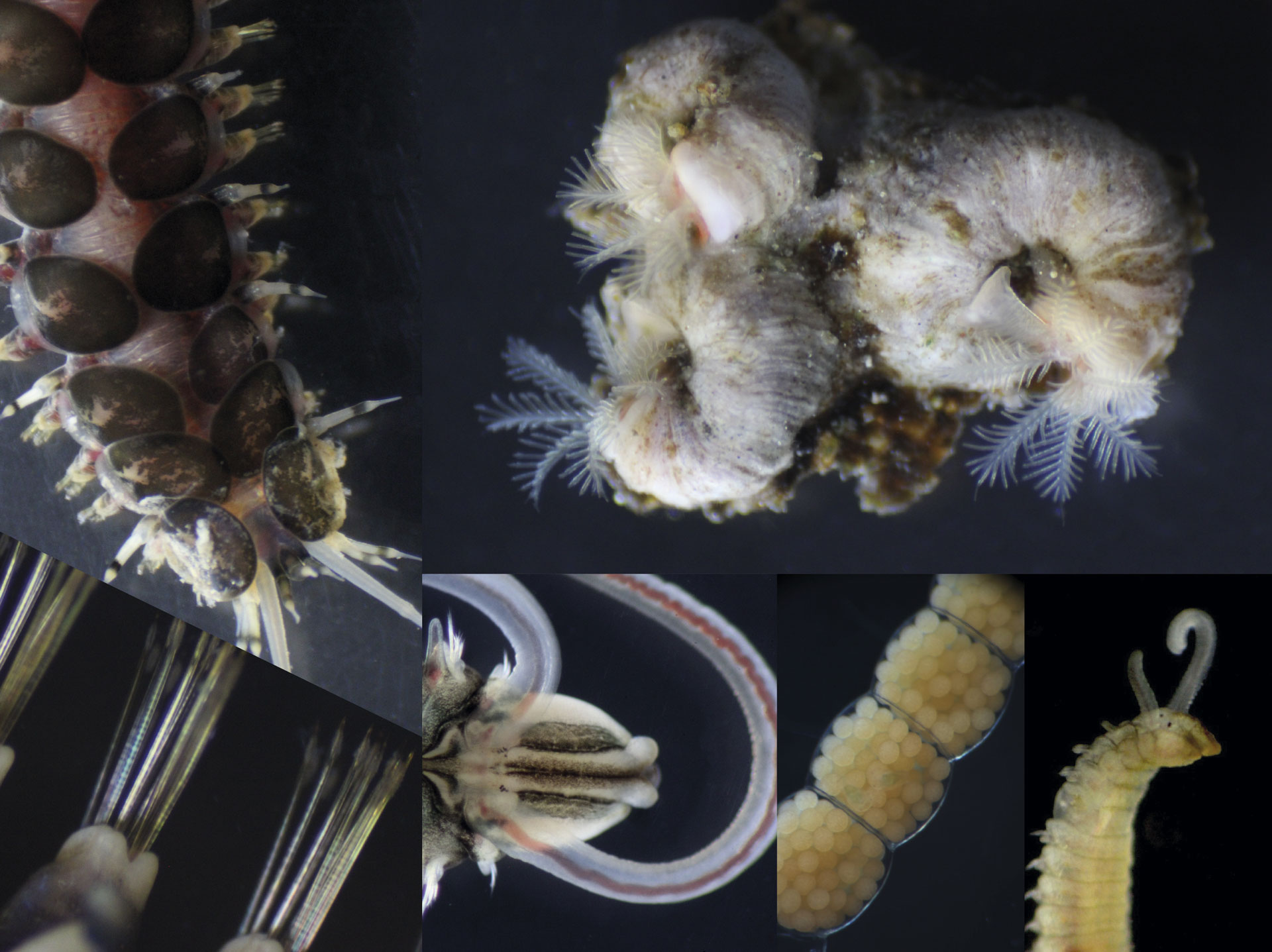
Invited Lectures

Américo Montial
Universidad de Magallanes, Chile
El origen de la poliquetofauna patagónica: síntesis y limitaciones empíricas
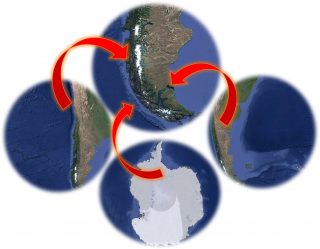
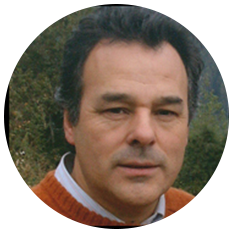
Guillermo Valenzuela
Universidad Austral de Chile, Chile
El cultivo de poliquetos en Chile y sus aplicaciones actuales y potenciales
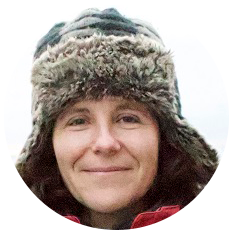
Natalia Venturini
Universidad de la República, Uruguay
Retroceso glaciar promueve cambios funcionales en el ambiente bentónico de fiordos antárticos: el rol de los poliquetos
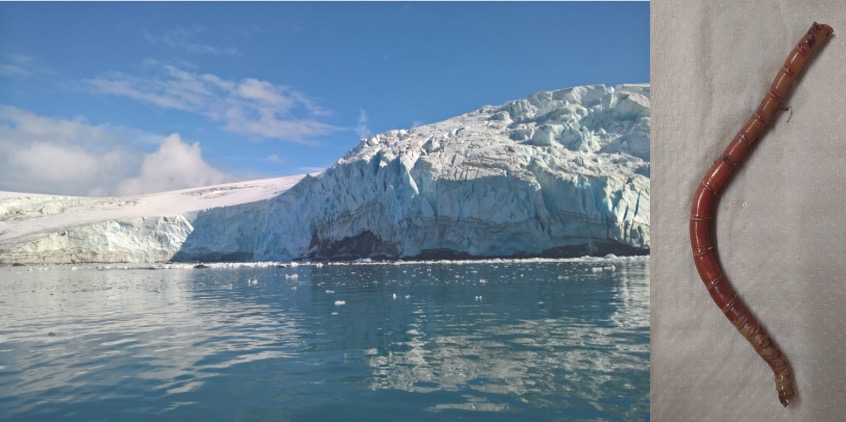
Juan Iván Cañete
Universidad de Magallanes, Chile
Biodiversidad de poliquetos bentónicos sobre montes submarinos oceánicos frente a la costa de Chile: oportunidades, desafíos y avances
